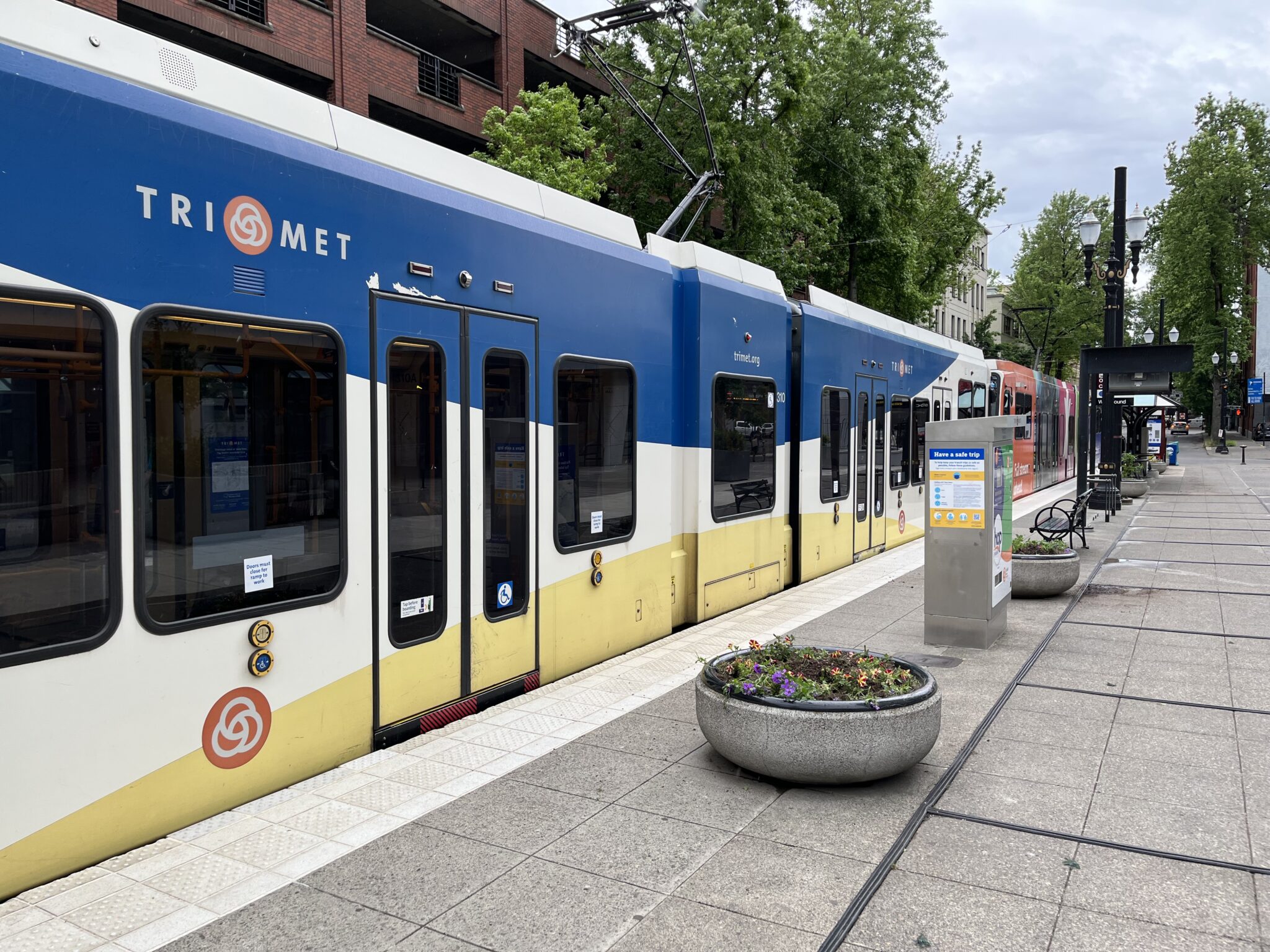A Bill Back on Track
After days of tension and partisan disputes, Oregon lawmakers appear to have reached a tentative deal on a massive transportation funding package. The bill, aimed at staving off hundreds of layoffs at the Oregon Department of Transportation (ODOT) while investing in roads, bridges, and public transit, advanced out of committee on Sunday following heated debate.
The Joint Special Session Committee on Transportation Funding voted 7-5 along party lines to send the amended bill to the House floor. A full House vote is scheduled for Monday, with Senate consideration expected Wednesday.
What’s in the Package
The proposal raises revenue through a mix of taxes and fees, with several adjustments made to appease Republican concerns:
Also Read
-
Gas tax: Increase from $0.40 to $0.46 per gallon beginning Jan. 1, 2026, raising an estimated $90 million annually. Revenues will be split — 50% for the state, 30% for counties, 20% for cities.
-
Vehicle registration fees: Annual fees would rise from $43 to $85 for passenger cars; $63 to $105 for utility vehicles, light trailers, and certain electric vehicles; and $44 to $86 for motorcycles and mopeds.
-
Title fees: Passenger vehicle title fees would jump from $77 to $216.
-
Payroll tax: Doubled from 0.1% to 0.2% until Jan. 1, 2028. This tax supports public transit services statewide.
-
EV and high-efficiency vehicle surcharges: Increased to $65 annually for vehicles rated at 40+ miles per gallon and $145 annually for electric cars.
-
Road usage charge: A phased-in program mandating electric vehicle owners either join the OReGO per-mile program or pay a flat $340 fee by 2031.
Key Amendments Passed
Out of more than a dozen amendments proposed, lawmakers approved two significant changes:
-
The Department of Administrative Services can now adjust gas taxes and truck fees to meet constitutional equity requirements — but only downward, not upward. This ensures fairness between light- and heavy-duty vehicles without raising additional costs.
-
The payroll tax increase will sunset in January 2028, rather than continuing indefinitely.
These concessions were enough to bring Republicans back to the negotiating table, but not enough to win their votes.
Partisan Divide Remains
Republicans continued to oppose the bill despite the adjustments. House Minority Leader Christine Drazan (R-Canby) said doubling the payroll tax during Labor Day weekend sent the wrong message.
“I cannot in good conscience do that. I cannot do that right now,” Drazan said.
Democrats countered that investing in transit provides long-term savings for working families. Rep. Khanh Phạm (D-Portland) argued that public transportation allows Oregonians to cut down on car ownership, saving money on insurance, gas, maintenance, and parking.
Rep. Susan McLain (D-Forest Grove) described the payroll tax increase as a temporary bridge to support transit until lawmakers design a more permanent solution. “There has to be something that ensures we have full transit in Oregon — for rural areas, for seniors, for people with disabilities, and for those who should not be driving,” McLain said.
Public Testimony: Mixed but Passionate
The Sunday hearing stretched more than four hours, with roughly half devoted to public testimony.
-
Many attendees expressed frustration that lawmakers had scaled back elements of House Bill 2025, an earlier version that failed during the regular session.
-
Others criticized the emergency session process, calling it messy and rushed.
-
Written comments leaned against the tax and fee hikes, while in-person testimony showed stronger support for passing the bill to prevent layoffs and infrastructure decline.
Yamhill County Commissioner David “Bubba” King summed up the discontent: “A transportation package must pass. Without it, our roads and bridges will fall further into disrepair. But this package is a prime example of why I refuse to affiliate with either political party. Even if you call this a compromise, the truth is the process has been dysfunctional.”
Governor Kotek’s Role
Gov. Tina Kotek, who called the special session in July after lawmakers failed to pass a funding plan, drew criticism for her absence during the hearing. According to her spokesperson, Roxy Mayer, Kotek canceled her Labor Day vacation but remained out of sight for security reasons.
In a statement, Mayer said the governor “is closely monitoring the proceedings and has been communicating with lawmakers since the special session began.” She emphasized that Kotek and her team have worked daily with stakeholders to preserve essential transportation services and that the bill — now numbered HB 3991 — has the support of a broad coalition.
The Road Ahead
The stakes remain high as lawmakers prepare for floor votes this week. Without new revenue, ODOT warns of widespread layoffs and severe cuts to road maintenance and transit services.
For now, Democrats appear unified behind the amended package, while Republicans remain opposed. The coming days will determine whether Oregon can strike the balance between infrastructure investment and taxpayer burden — and whether this compromise can truly hold.












